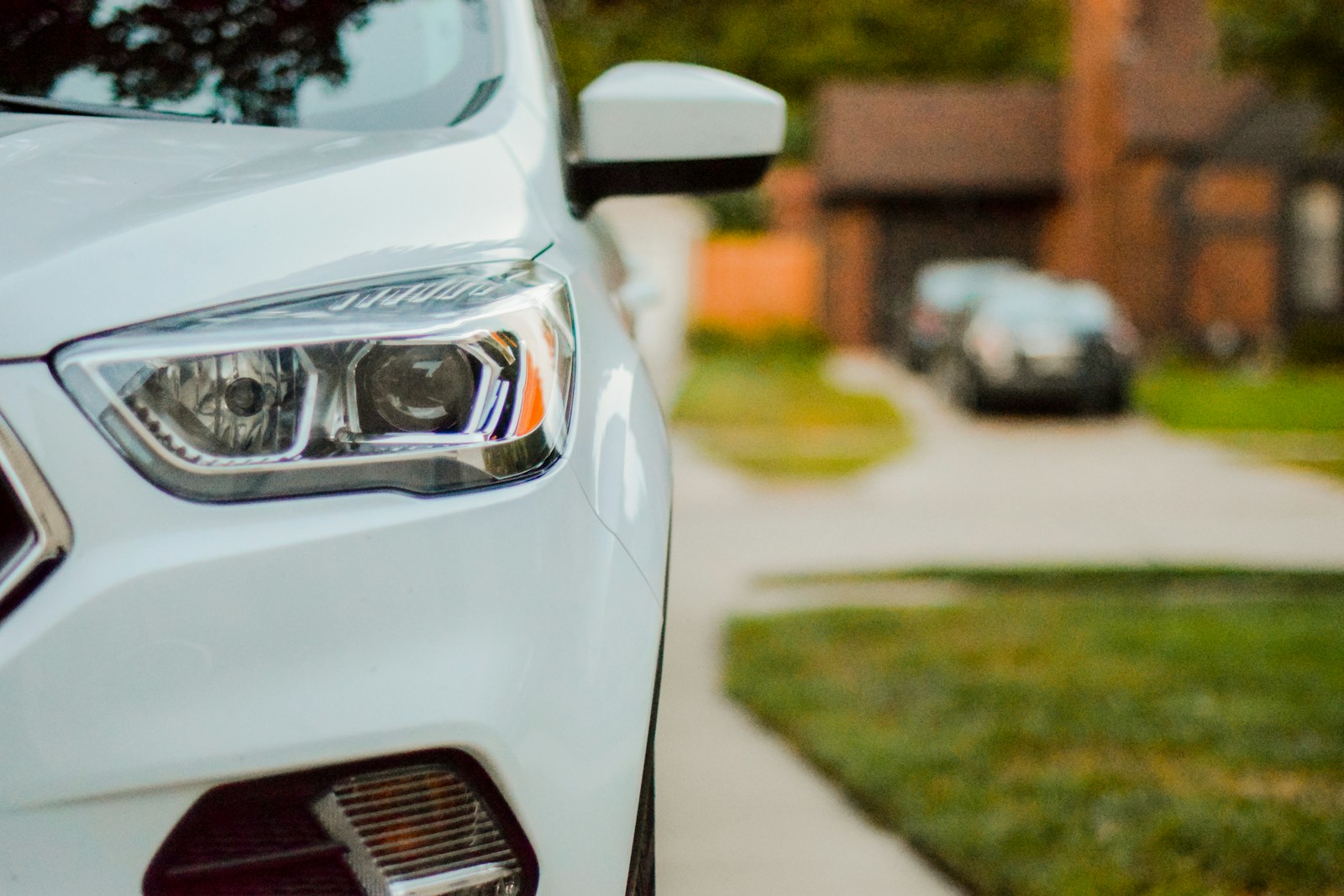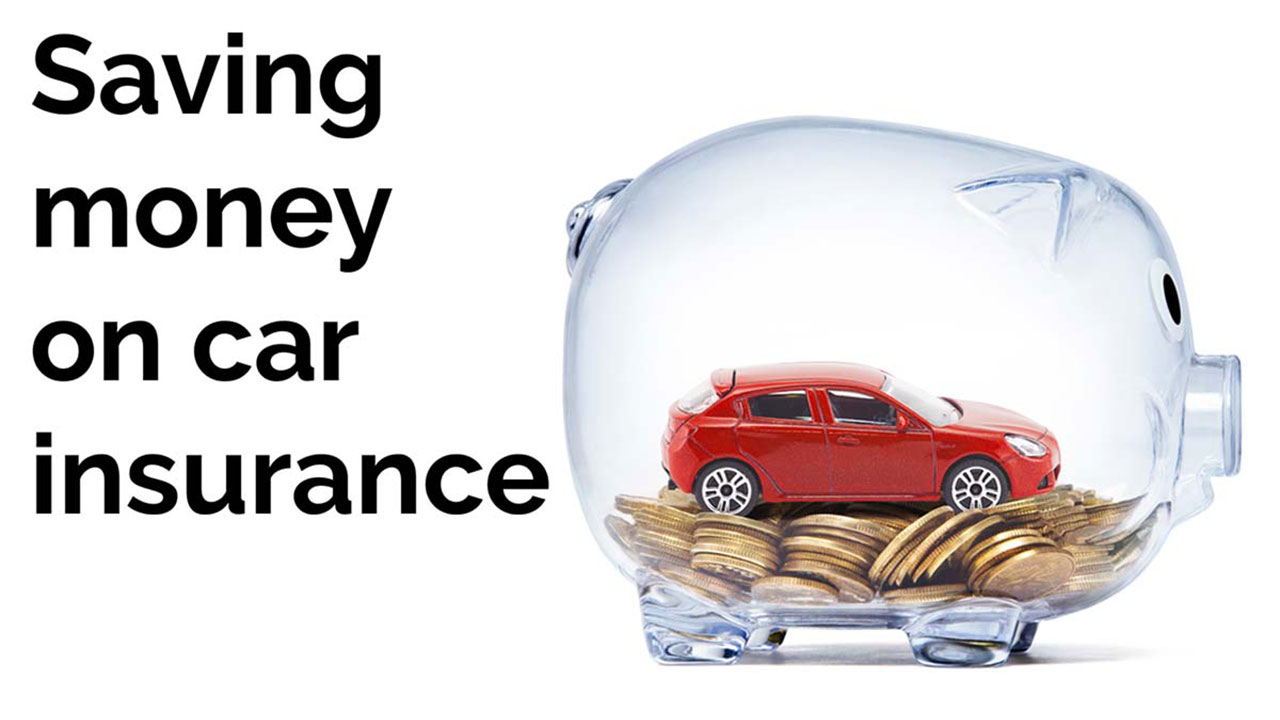A contract between you and an insurance provider, car insurance offers financial security in the event of theft, accidents, or other unanticipated circumstances concerning your car.
Why does one need auto insurance?
Along with protecting you financially, auto insurance makes ensuring you follow the law. In the case of an accident, you can be seriously financially liable without insurance.
auto insurance types
There exist numerous kinds of auto insurance coverage:
Car insurance liability
In an accident, this insurance covers the losses and injuries you cause to other people.
Car insurance collision
Collision insurance pays for damage to your own car brought on by a run-in with another car or object.
Complete protection
Damage to your car from non-collision events including theft, vandalism, or natural disasters is covered by comprehensive insurance.
Motorist coverage without or with inadequate insurance
If you are in a collision with a driver who does not have insurance, or not enough insurance to cover your damages, this policy will protect you.
Issues Impacting Auto Insurance Prices
How much you will pay for auto insurance is influenced by a number of things
age and gender
Because they are seen to be riskier, male and younger drivers usually pay higher premiums.
Driving record
Lower rates will usually follow a spotless driving record free of infractions or accidents.
Area
Higher rates of theft and accidents in urban locations typically translate into higher insurance costs.
class of vehicle
Your insurance prices may be impacted by the make, model, and age of your car.
FICO score
Your credit score may be used by insurers to estimate how likely you will file a claim.
Tips for Saving Money on Auto Insurance
You have a number of options for lowering your auto insurance costs:
combine policies
There are frequently savings when you buy several insurance policies from the same company.
Raid the deductibles
While raising your deductibles can result in cheaper rates, make sure you can pay the out-of-pocket expenses should you need to submit a claim.
Keep up a clean driving history
For reduced rates, stay away from accidents and moving infractions.
Snag savings
Discounts are available from insurers for defensive driving classes, anti-theft devices, and careful driving.
Knowing the Coverage Limits
Knowledge of the various coverage limits in your insurance is crucial:
Personal Injury Liability
Should you damage someone in an accident, this coverage covers both medical costs and legal costs.
Property damage liability
If, in an accident, you damage someone else’s property, this coverage covers it.
Protection against personal injury
Whether someone else is at fault in an accident, this coverage covers your medical costs and lost income.
Maximums for underinsured and uninsured motorist coverage
If you are in a collision with someone who does not have enough insurance to pay for your damages, this policy will safeguard you.
Value of Continual Policy Review
Your insurance needs can alter with life events like moving, getting married, or purchasing a new car. Make sure you have enough coverage by routinely reviewing your insurance.
Claims Filing Tips
If you must file a claim, make sure the procedure goes well by following these advices:
Log everything.
Get as much information as you can at the accident site, including witness accounts and pictures.
Give your insurer as soon as possible notice
Get your insurance company to know about the accident as soon as you can to start the claims procedure.
Do not stray from the claims procedure
Send along any paperwork that is needed as soon as possible, and work with your insurance all the way through.
Preventable Common Errors
Avoid these typical mistakes while buying auto insurance:
Not fully appreciating coverage requirements
Make sure your insurance covers enough to safeguard your belongings in the case of a major accident.
Ignoring to update details
Notify your insurer of any changes—like adding a driver or relocating to a new address—that could impact your coverage.
Not grasping policy jargon
Carefully read your policy and request an explanation from your insurer of any unclear terms or conditions.
Claims Process Navigation
Should you find that you must submit a claim, follow these guidelines to make the procedure go as smoothly as possible:
Making insurance-related calls
To start the claims procedure following an accident, let your insurance provider know as soon as you can.
Supplying required records
Send in any necessary supporting paperwork, such medical or police reports.
Working with adjusters
Work along with the claims adjuster that was given your case and give them any more information they ask for.
Value of Quote Comparison
To get the best prices on auto insurance, make careful to compare quotes from several carriers:
Utilising internet resources
You may rapidly compare rates from many insurers using the comparison tools available on many websites.
For advice
Seek advice from friends and relatives or look up insurance online.
Especially for New Drivers
Try these pointers if you’re a new driver to save money on your insurance:
Accredited licensing courses
Finishing a graduated licensing program might show that you are a competent new driver and could get you cheaper rates.
Courses of further instruction
Take defensive driving or other safety courses to hone your abilities and maybe save money on your insurance.
Calculating Deductibles
You can determine the appropriate amount for your needs by knowing how deductibles operate:
The mechanics of deductibles
The sum you have to fork out of your own wallet before your insurance starts to pay.
Selecting the appropriate deductable amount
Selecting a deductible amount should take your financial status and the possibility of having to submit a claim into account.
Coverage for Auto Rentals
Think on if you need extra insurance when you hire a car:
Analyzing choices for rental car coverage
Find out from your current insurance policy whether you need to buy extra coverage from the rental company or if it covers rental cars.
Analyzing the coverage now in place
Should rental automobile coverage be part of your current policy, be sure to read any restrictions or exclusions.
Where Credit History Fits in
Your credit history may affect the prices you pay for auto insurance:
Effect on liability rates
Insurance companies may use your credit score to evaluate your risk profile and set your rates.
Boosting credit to cut costs
Keeping up a decent credit score can help you get cheaper insurance.
Synopsis
Although negotiating the world of auto insurance can be difficult, you can make wise choices to safeguard your valuables and yourself while driving by knowing the many coverage options, variables influencing rates, and cost-cutting measures.
Guides
I need what amount of auto insurance?
Your valuables, driving style, and financial situation will all affect how much coverage you need. Thoroughly assessing your own requirements is crucial.
What auto insurance reductions are offered?
Discounts for things like careful driving, combining plans, and car safety features are often available from insurers.
Are my credit score and auto insurance rates related?
Indeed, a lot of insurers base prices on credit ratings. Sustaining a high credit score will enable you to be eligible for cheaper rates.
When I have to make a claim on my automobile insurance, what should I do?
Should you need to submit a claim, get in touch with your insurance provider right away and carefully follow their guidelines to guarantee a seamless process.
I want to switch my vehicle insurance policy mid-term.
Yes, you can add or remove coverage over the course of your insurance; but, be advised that there might be costs or penalties.



